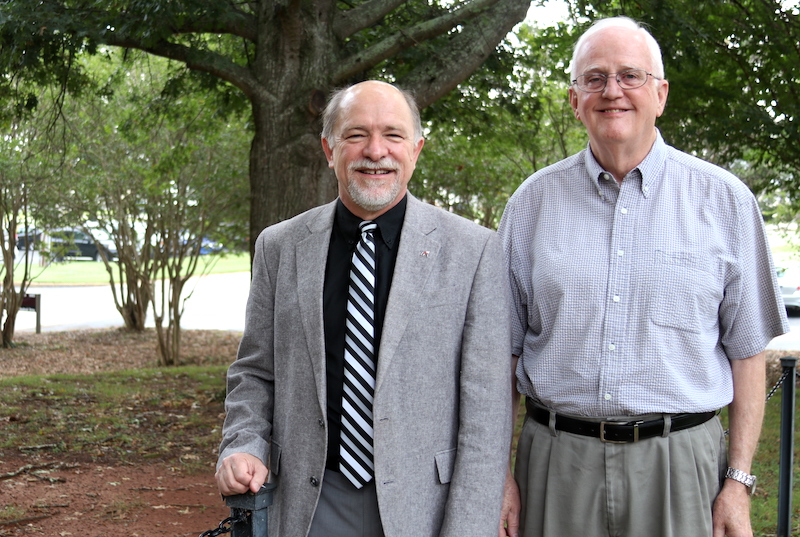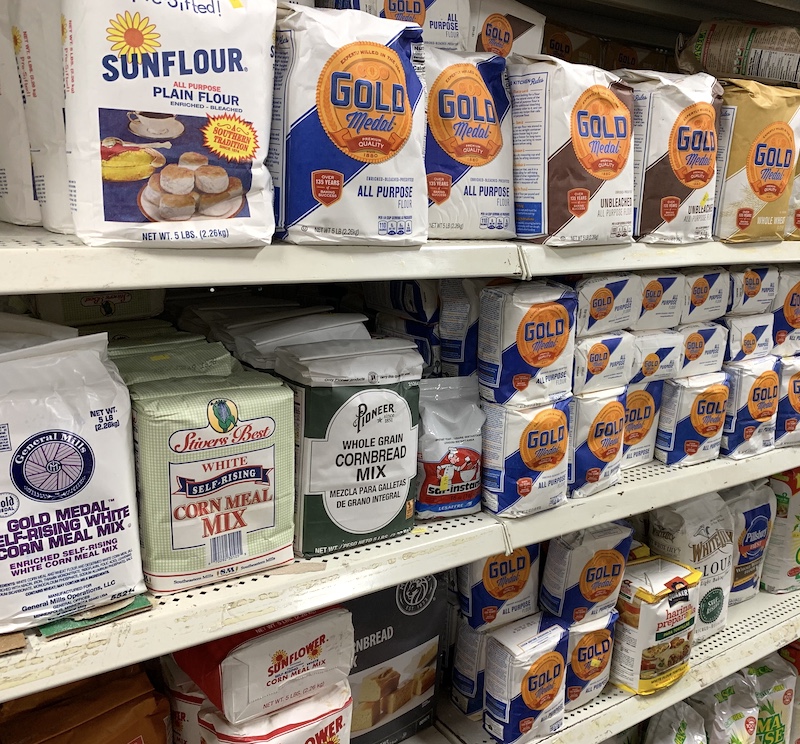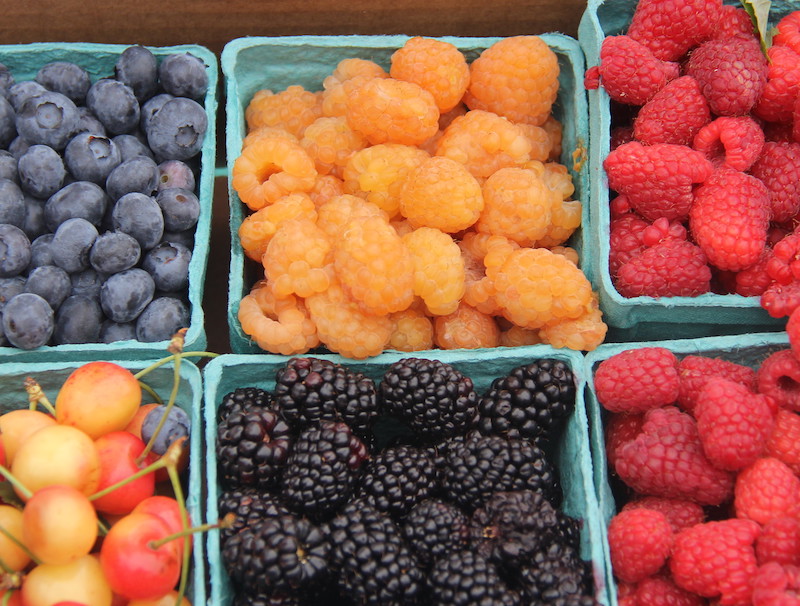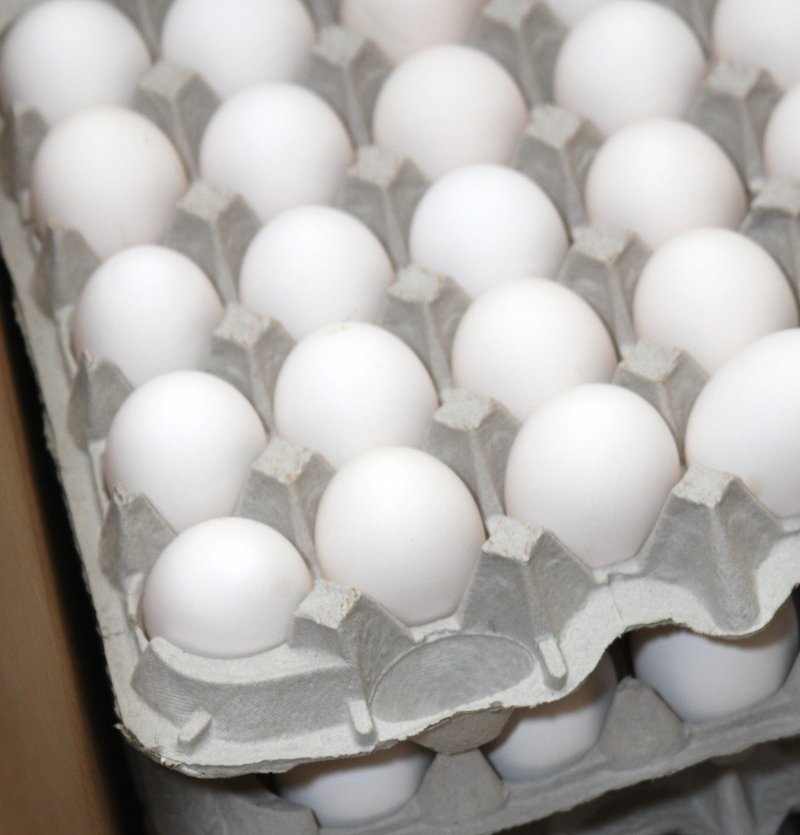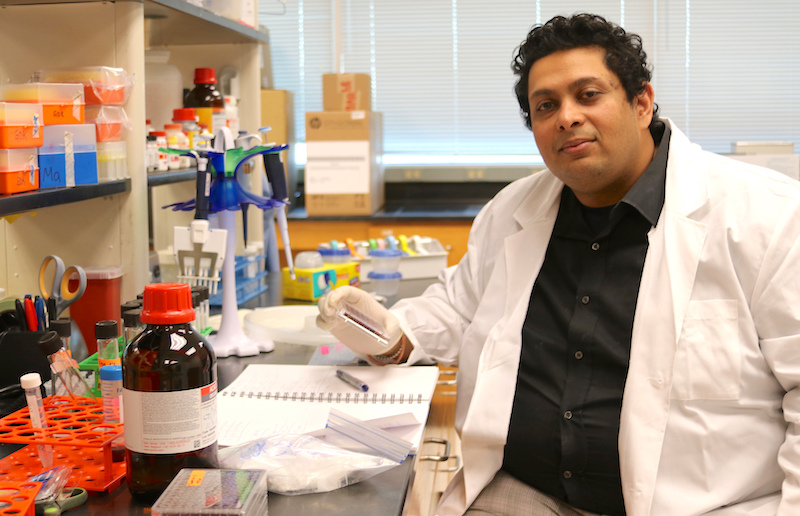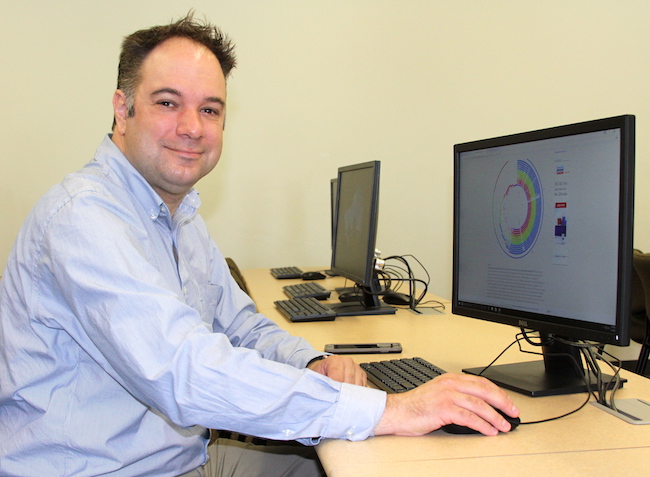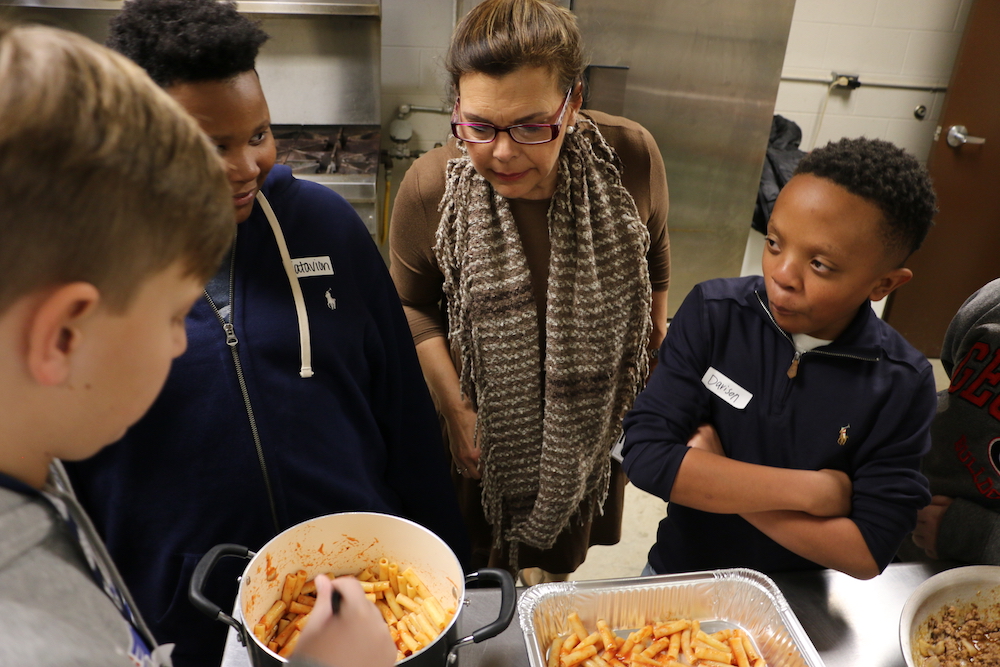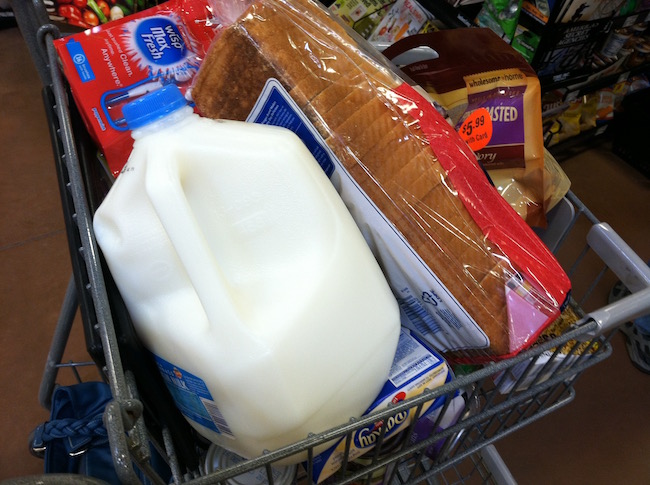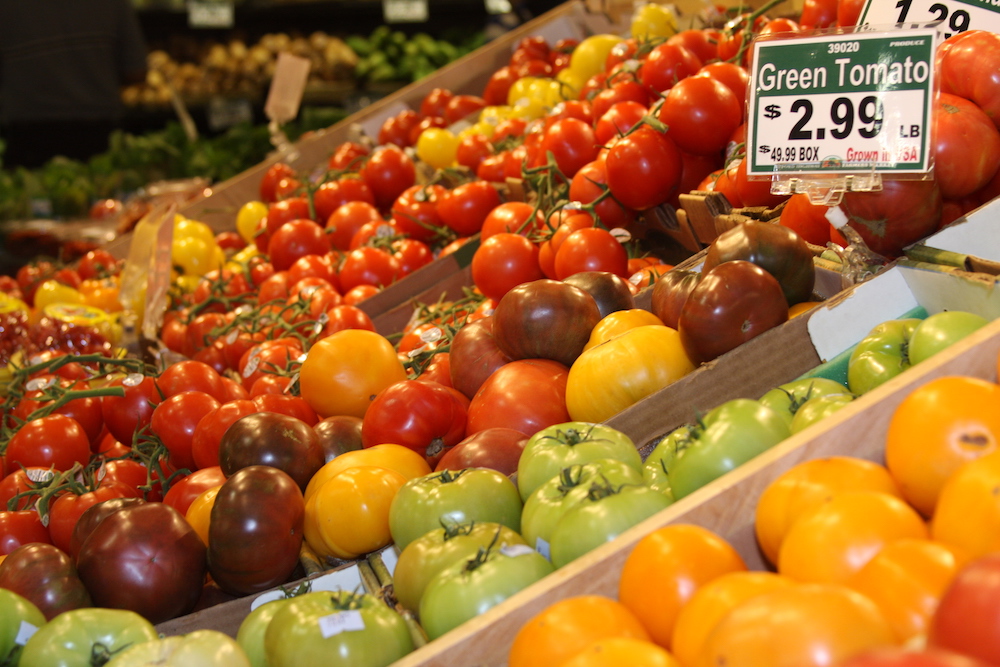 CAES News
CAES News
Produce Safety Grants
Three University of Georgia food scientists are among the recipients of grants awarded by the Center for Produce Safety (CPS) as part of its $2.7 million program. The grants will fund projects focused on food safety issues related to fruits and vegetables.

